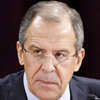December 6
09:30—10:30
09:30—10:30
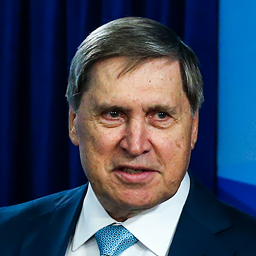
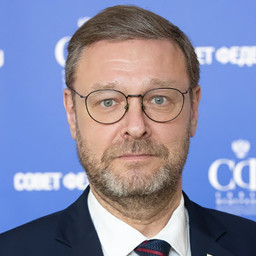
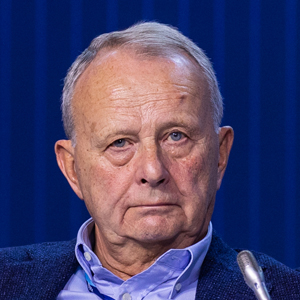
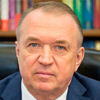
10:30—12:00
10:30—12:00
Cooperation in Eurasia amid the Crisis of Globalization
Geopolitical tensions and the rapid degradation, under the influence of the sanctions policies of some developed countries, of the economic interaction mechanisms that have developed over the past decades have resulted in almost unprecedented shocks to global markets and to international trade and economic cooperation. The scale of these shocks has yet to be assessed and options for countering them have yet to be developed. One thing is clear - globalization, as it has been understood in recent decades, is entering a period of crisis. The usual model of globalization, with the central role of Western countries, is ceasing to work and regional cooperation is gaining weight.
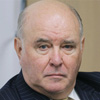
Chairman, Federation Council Committee on International Affairs
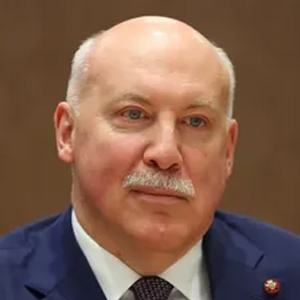
Secretary of State of the Union State
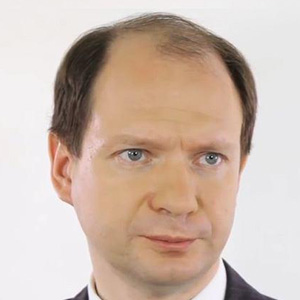
Deputy Director for Research, Head of Economic Theory Department, IMEMO
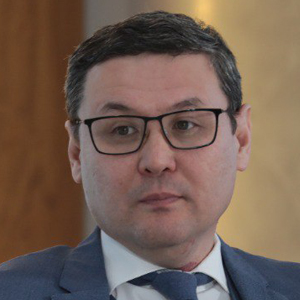
Director, Kazakhstan Institute for Strategic Studies under the President of the Republic of Kazakhstan
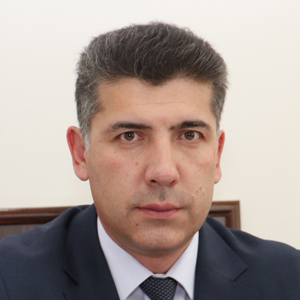
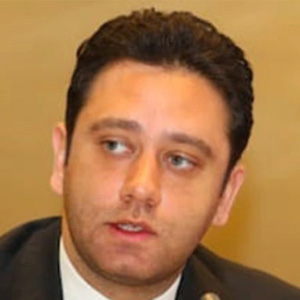
Director, ATA Platform, Türkiye
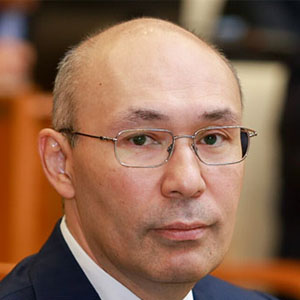
Governor, Astana International Financial Centre (AIFC)
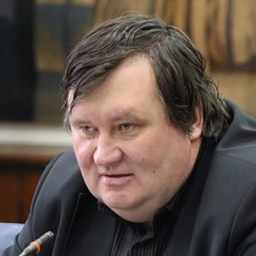
Deputy Director for Research, IMEMO
12:30—14:00
12:30—14:00
China after the 20th CPC National Congress and Russia: Strategic Partnership Priorities
In October 2022, China hosted the 20th CPC Congress. Did new major details emerge in China's foreign and defense policy in general, as well as in the Eurasian and Indo-European spaces in particular? What new insights did the Congress provide for understanding Sino-American relations: are there any chances for normalization, what are the risks and the depth of likely aggravations? What impact will the decisions of the Congress have on Sino-Russian relations: prospects and opportunities, problems and risks? What are the likely changes in China's Belt and Road Initiative against the backdrop of the Congress and China's economic slowdown, the relationship between the Silk Road Eurasian Economic Belt and the 21st century Indo-Pacific Maritime Silk Road?
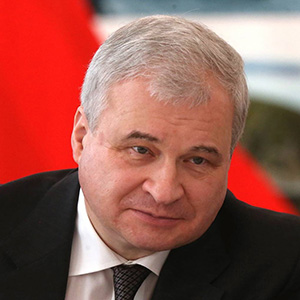
First Deputy Chairman of the Federation Council Committee on International Affairs
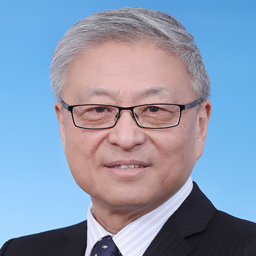
Director of the Institute of International Studies, Tsinghua University, China
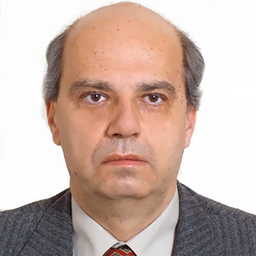
Deputy Director for Research, Head of the Centre for Asia-Pacific Studies, IMEMO
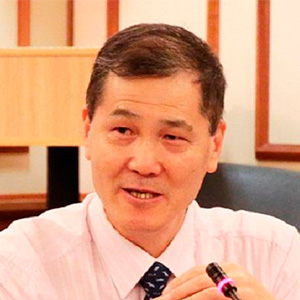
Professor, Institute of International Studies, Fudan University, China
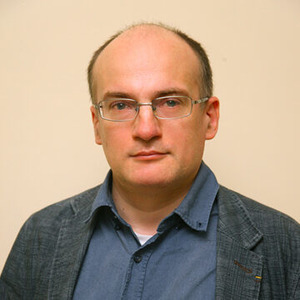
Director of the Centre for Comprehensive European and International Studies (CÑEIS), Higher School of Economics National Research University (HSE)
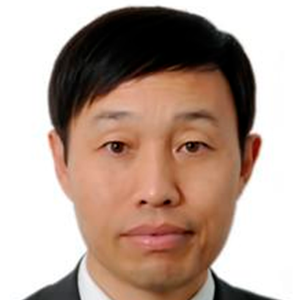
Deputy director, Senior Fellow, Institute of World Economics and Politics (IWEP)
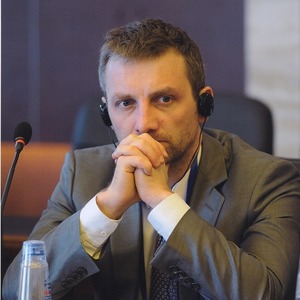
Head of the Economics and Politics of China Sector, IMEMO
15:00—16:30
15:00—16:30
Russia and India: Opportunities for Cooperation
Russia and India are natural strategic partners in an emerging polycentric world. The interests of Moscow and New Delhi are not in conflict anywhere and our countries are interested in developing mutual political, economic and humanitarian ties that would strengthen both Russian and Indian positions. Now our friendship is being tested by the global crisis and it is important to understand what we can offer and how we can help each other.
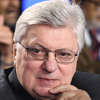
Rector of MGIMO-University, Full Member of the Russian Academy of Sciences
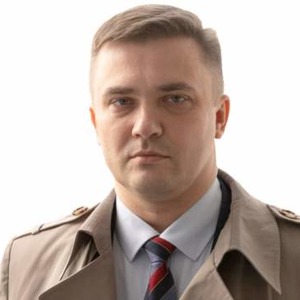
Head, South Asia and Indian Ocean Region, IMEMO
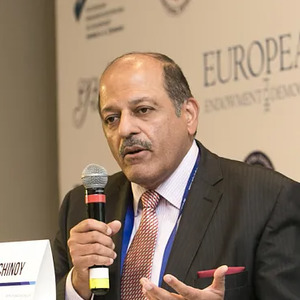
Director General, Manohar Parrikar Institute for Defence Studies and Analyses (MP-IDSA), Think-20 Chair for India's G20 Presidency, India
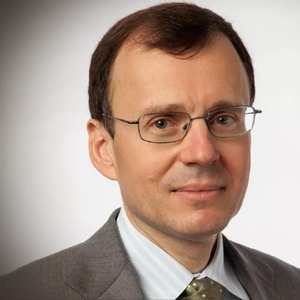
Deputy Director General and Director of International Activities, ROSATOM

Director, Vivekananda International Foundation (VIF), India
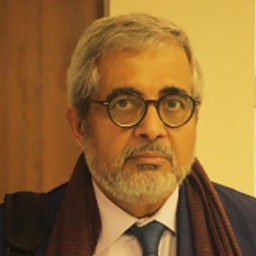
Distinguished Fellow, Observer Research Foundation, India
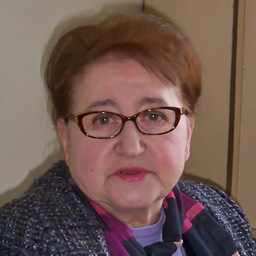
Head of Indian Studies Centre, Institute of Oriental Studies RAS
17:00—18:30
17:00—18:30
Nuclear Factor in Crisis Management: How to Reduce Risks
The rise of international confrontation has reached its limits as fears of nuclear war have returned to the headlines - the first in more than 30 years. The breakdown of the old arms control architecture and rapid advances in military technology are raising new questions about nuclear risks and the future of strategic stability. What is the future of nuclear deterrence? What measures can be proposed to prevent nuclear escalation in the face of an acute politico-military crisis? What should be the future of nuclear arms control?
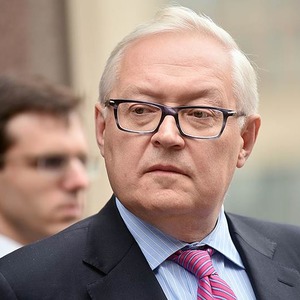
Deputy Minister of Foreign Affairs of the Russian Federation
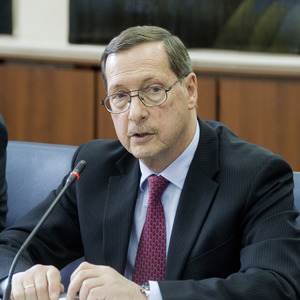
Head of the Centre for International Security, IMEMO
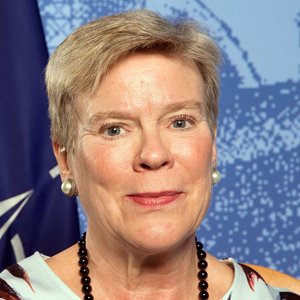
Steven C. Házy Lecturer, Stanford University, USA
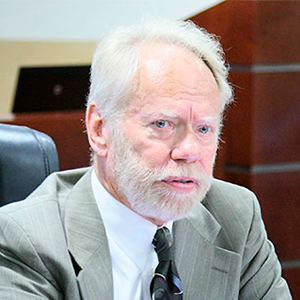
Marshall D. Shulman Professor Emeritus in the Department of Political Science, Columbia University

Senior adviser, Center for Strategic and International Studies (CSIS), USA
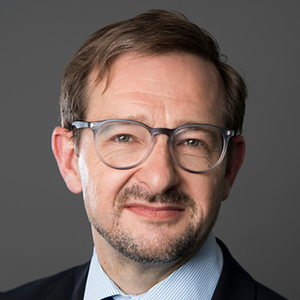
Director, Geneva Centre for Security Policy (GCSP)
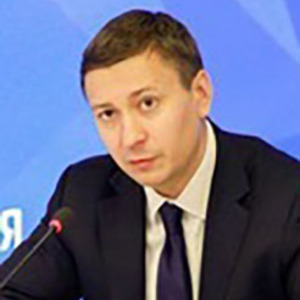
Director, Center for Energy and Security (CEB)
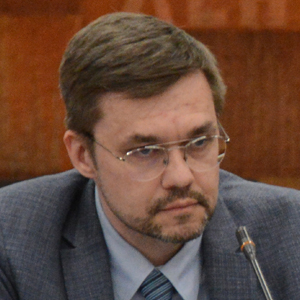
Senior Fellow, Center for International Security, IMEMO
December 7
09:00—10:30
09:00—10:30
Russia and Türkiye in Emerging World Order
The intensification of the foreign policy of the Republic of Turkiye has become a notable phenomenon in contemporary international relations. With the transformation of the world order, Ankara is building complex regional balances and pursuing a multi-vector course, striving to improve its global status. The preservation of ties with traditional allies is combined with the development of new directions. Against the backdrop of strained relations between Russia and the collective West, Turkiye is the only NATO country that has not joined the anti-Russian sanctions and continues to deepen its multifaceted engagement with Moscow.
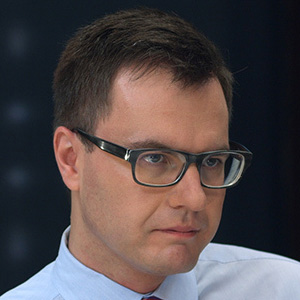
Director of IMEMO
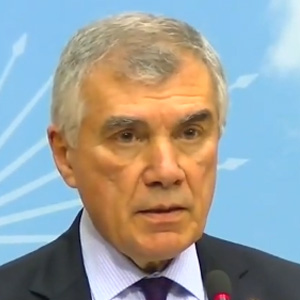
Member of the Grand National Assembly of Türkiye from the People’s Republican Party, Member of the Parliamentary Committee on Foreign Policy and the Committee on Relations with EU
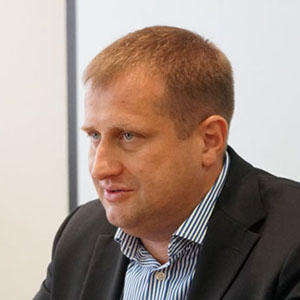
Vice-Rector for Strategic Development – Chief of the Rector’s Office, Professor, Department of International Relations and Foreign policy of Russia, MGIMO-University
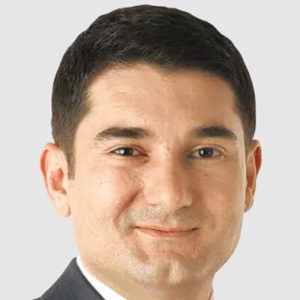
Rector of Altinbaş University, Türkiye
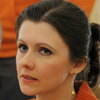
Senior Research Fellow at the Centre for Middle East Studies, IMEMO
11:00—13:00
11:00—13:00
14:00—15:30
14:00—15:30
Security in Eurasia: Problems and Prospects
The year 2022 may be a watershed in the development of the contemporary system of international relations. We are witnessing a rapid change in the global policy agenda. The system of interdependence of key global actors that has developed over the past decades is being eroded, as is the dominance of a particular group of countries in world politics. Consequently, the world is once again becoming more 'anarchic' (in the Hobbesian sense) and less predictable. There is more and more room for uncertainty and risks that accompany the inexorable march of history. The question is how the crises unfolding in global politics are changing the dynamics of development in Eurasia and affecting the security of individual countries and the region as a whole.
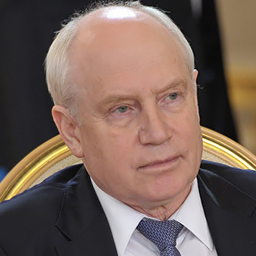
Chairman of the Executive Committee – CIS Executive Secretary
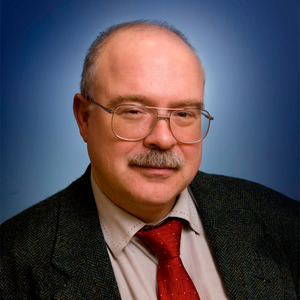
Research Professor at the Department of World Economy and World Politics, National Research University Higher School of Economics, leading researcher, IMEMO
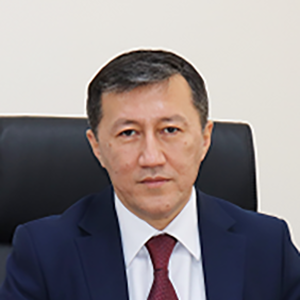
Director, International Institute for Central Asia (IICA), Uzbekistan
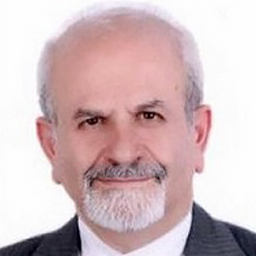
Distinguished Senior Fellow, Institute of Political and International Studies (IPIS), Iran
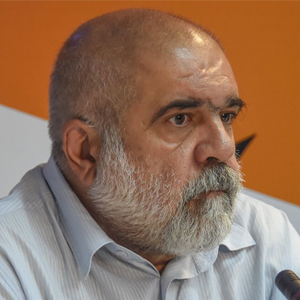
Founding Director of the Caucasus Institute, Armenia
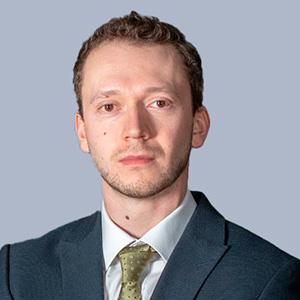
Vice-Rector for Science and Research, Associate Professor, Department of Applied International Analysis
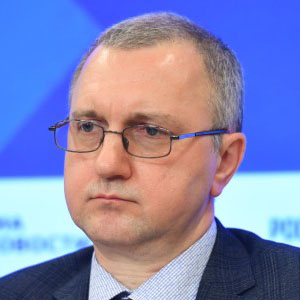
Head of the Centre for Post-Soviet Studies, IMEMO
16:00—17:30
16:00—17:30
The Changing Balance of Power in the Middle East
Against the backdrop of a multipolar world and growing international tensions, the states of the Middle East are seeking to diversify their ties and expand dialogue and interaction with the leading players – Russia, China, and the states of South and Central Asia. In addition to bilateral relations, the presence of various Eurasian platforms, most notably the SCO, serves this purpose. There is an emerging demand for a more active role for Eurasian countries in securing the interests of Middle Eastern states. There are prospects for greater logistical/transport interconnectedness between the regions.
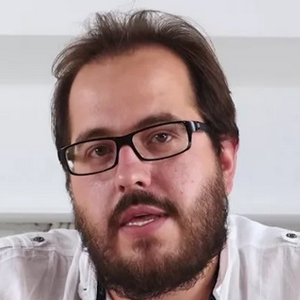
Head of the Centre for Arab and Islamic Studies, Institute of Oriental Studies RAS
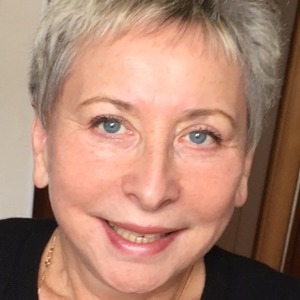
Head of the Centre for Middle Eastern Studies, IMEMO
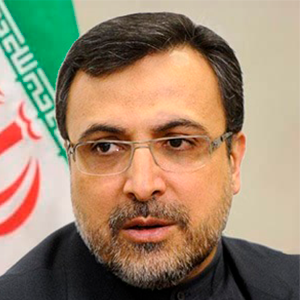
President of the Institute for Political and International Studies, Iran
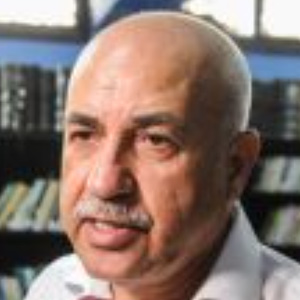
Syrian politician and public figure, Advisor to the Head of Rossotrudnichestvo representative office, Syria
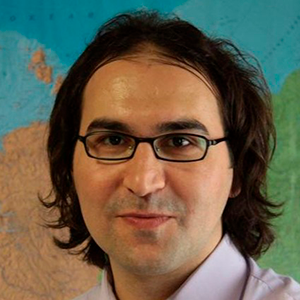
Independent analyst on Turkey-Russia relations and Eurasian politics, Turkiye
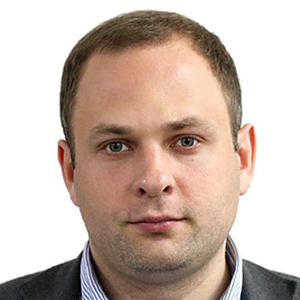
Senior Fellow, Centre for Middle East Studies, IMEMO
